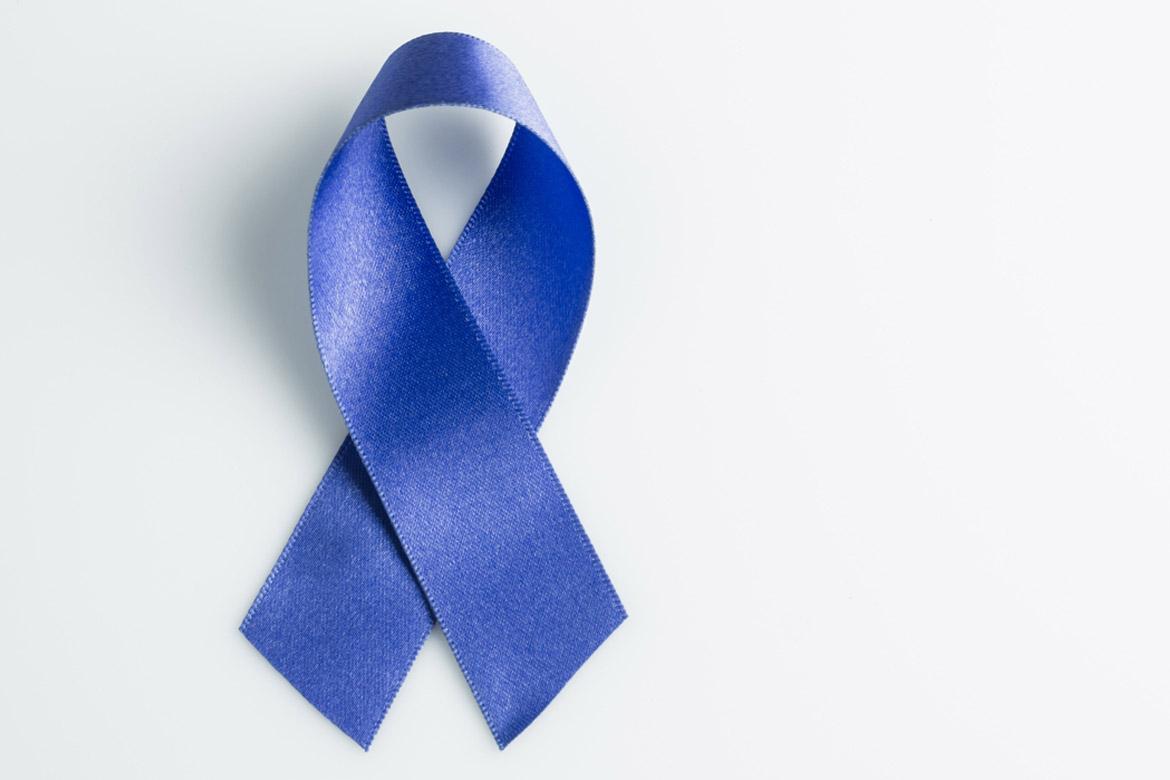-
-
Featured Care Areas

Throat Cancer
How is throat cancer diagnosed?
Your doctor will perform a physical examination on lumps that appear on the outside of the neck.
Diagnosis tests include:
- Fine needle aspiration, which uses a thin needle to remove a sample of throat tissue to test for cancer cells
- Laryngoscopy, which uses a thin, lighted tube called an endoscope inserted through the mouth to examine the inside of the throat
- Incisional biopsy, the surgical removal of a sample of throat tissue to test for cancer cells
- Chest X-ray to see if cancer has spread to the lungs
- Computerised tomography (CT), a type of X-ray that uses a computer to make detailed images of the inside of the throat
- Positron emission tomography (PET), an imaging test that uses a special dye to check for areas suspicious for cancer involvement
- Magnetic resonance imaging (MRI), a scan using magnets rather than X-rays to make detailed images of the inside of the throat
How is throat cancer treated?
The goal of the treatment is to completely remove or destroy throat cancer and prevent it from spreading to other parts of the body. These may include:
- Radiation therapy. This uses high-energy radiation beams to kill throat cancer cells. The radiation targets only the tumour to minimise damage to the surrounding healthy tissue.
- Chemotherapy. Medications are used to kill or slow the growth of cancer cells. Patients often get chemotherapy intravenously (through a vein).
- Immunotherapy/biologic therapy. This uses the body's immune system and natural defences to help fight cancer.
- Surgery. This can remove the tumour while preserving the larynx (and the ability to speak and swallow). For advanced laryngeal cancer, surgeons often need to do a laryngectomy to remove the entire larynx.
For early stage cancer, radiation or surgery is used as a single modality.
For advanced stage cancer, where the tumour has invaded the cartilage or spread to lymph nodes in the neck, combined modality therapy may be necessary. This may take the form of surgery followed by radiation, chemotherapy with radiation or all 3 modalities.
Depending on your treatment plan, supportive treatments may also include:
- Speech therapy
- Therapy to help with chewing and swallowing
- Treatment to help with dry mouth
This page has been reviewed by our medical content reviewers.
Need help?
For enquiries, please call
+65 6377 3737
For appointment bookings, please WhatsApp
+65 8111 3777








